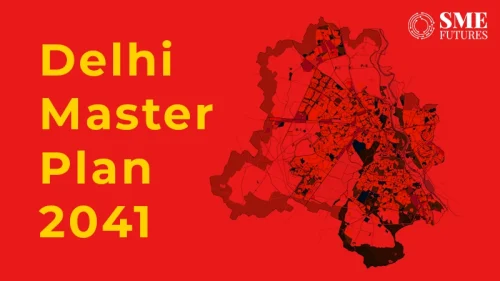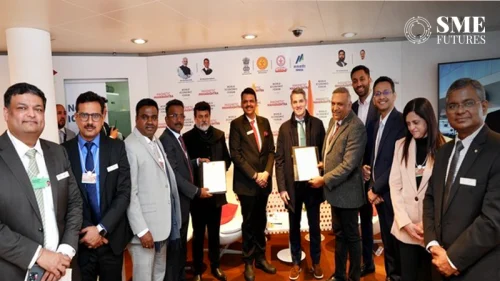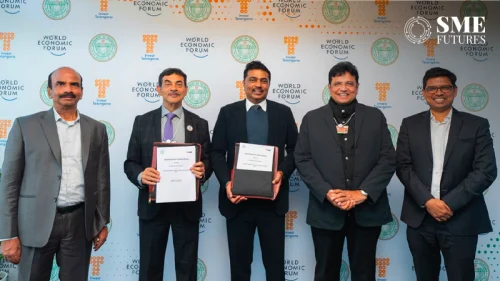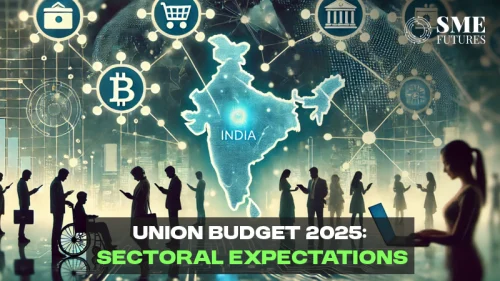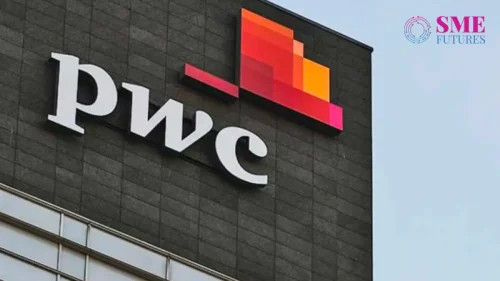The National Restaurant Association of India (NRAI) refuted reports that the government termed restaurant service charge as illegal and rapped the industry bodies in a meeting.
The Department of Consumer Affairs held a meeting, chaired by Consumer Affairs Secretary Rohit Kumar Singh, here on Thursday with restaurant associations and consumer organisations on the issue of service charge in hotels and restaurants.
“Media reports regarding decisions allegedly taken at the Department of Consumer Affairs meeting yesterday with respect to legality of service charge are untrue,” said the hotel industry body.
“Department heard the views of all stakeholders and will review all inputs before deciding on the matter. Until final disposal, service charge is still very much legal,” it said in a statement.
The government will soon come up with a robust framework to ensure strict compliance by stakeholders with regard to service charge levied by restaurants and hotels as it adversely affects millions of consumers on a daily basis.
Also Read: PSEs will have to scale-up, build capacities to survive in competitive market: Sitharaman
Representatives of major restaurant associations including the NRAI, the Federation of Hotel & Restaurant Associations of India (FHRAI) and consumer organisations and activists including Mumbai Grahak Panchayat, Pushpa Girimaji, among others, were present at the meeting.
During the meeting, major issues raised by consumers on the Department’s National Consumer Helpline relating to service charge such as compulsory levy of service charge, adding the charge by default without express consent of consumer, suppressing that such charge is optional and voluntary, and embarrassing consumers if they resist paying such charge, among others, were discussed.
The NRAI said that the information regarding the amount of service charge is clearly mentioned/displayed by restaurants on their menu cards and otherwise also displayed on the premises so that customers are well aware of this charge before availing of the services.
After a customer is made aware of such a charge in advance and then decides to place the order, it becomes an agreement between the parties, and is not an unfair trade practice, it said.
Also Read: UK self sponsorship visa: A new route to gain entry in foreign market
However, consumer organisations observed that levying service charge is patently arbitrary and constitutes an unfair as well as restrictive trade practice under the Consumer Protection Act.
It was highlighted that since there is no bar on restaurants/hotels fixing their food prices, including an additional charge in the name of service charge is detrimental to the rights of consumers.



